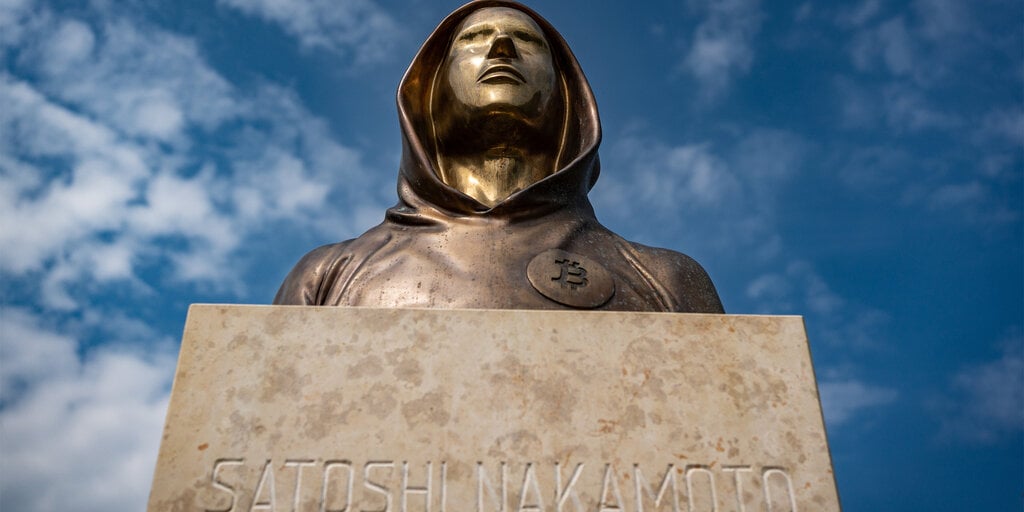Bitcoin Improvement Proposal Aims to Sunset Quantum Vulnerable Address Types
A significant threat from future quantum computers has prompted Jameson Lopp, CTO and co-founder of Casa, to propose major changes to Bitcoin’s software infrastructure. The Bitcoin Improvement Proposal (BIP) seeks to address the catastrophic potential of quantum computers, which could potentially reverse engineer current Bitcoin wallet cryptographic keys.
Immediate Implications and Plan
- The proposal plans to eventually disallow transactions to known, quantum-vulnerable address types.
- A subsequent phase, likely within five years, would prevent spending from cryptocurrency accessible using potentially-compromised quantum algorithms.
Urgent Security Concern
Experts are increasingly concerned that quantum computers, once considered a long-term threat, could pose severe risks within the next decade. Failure to upgrade could lead to widespread theft, particularly during periods of market stress.
According to the proposal’s abstract: “It turns quantum security into a private incentive. Fail to upgrade… and you will certainly lose access to your funds.”
Affecting 25% of Total Supply
Deloitte research suggests approximately 25% of all Bitcoin (roughly 5.3 million BTC) stored using current vulnerable protocols is at risk. Notably, this includes coins potentially belonging to Satoshi Nakamoto.
The authors argue the threat is unprecedented: “Never before has Bitcoin faced an existential threat to its cryptographic primitives… A successful quantum attack on Bitcoin would result in significant economic disruption and damage across the ecosystem.”
Implementation in Phases
The initiative introduces multiple upgrade phases:
- **Phase One:** Disallow sending funds to quantum-vulnerable addresses.
- **Phase Two:** Prevent spending from quantum-vulnerable coins.
- **Phase Three (Optional):** Develop a separate mechanism to securely manage funds upgraded as quantum-safe.
No Consensus Guarantee
This alert comes even as experts worry about the outcome without broad consensus. As Lopp noted: “Bitcoin might not be able to come together and find consensus.”
Current Status
Developers have identified other countermeasures, such as a proposal calling for “hourglass” to limit transaction flow from “ancient” wallets. Presenting these ideas to the Bitcoin community requires careful debate and agreement through the existing proposal number system where ideas are publicly evaluated before integration.












